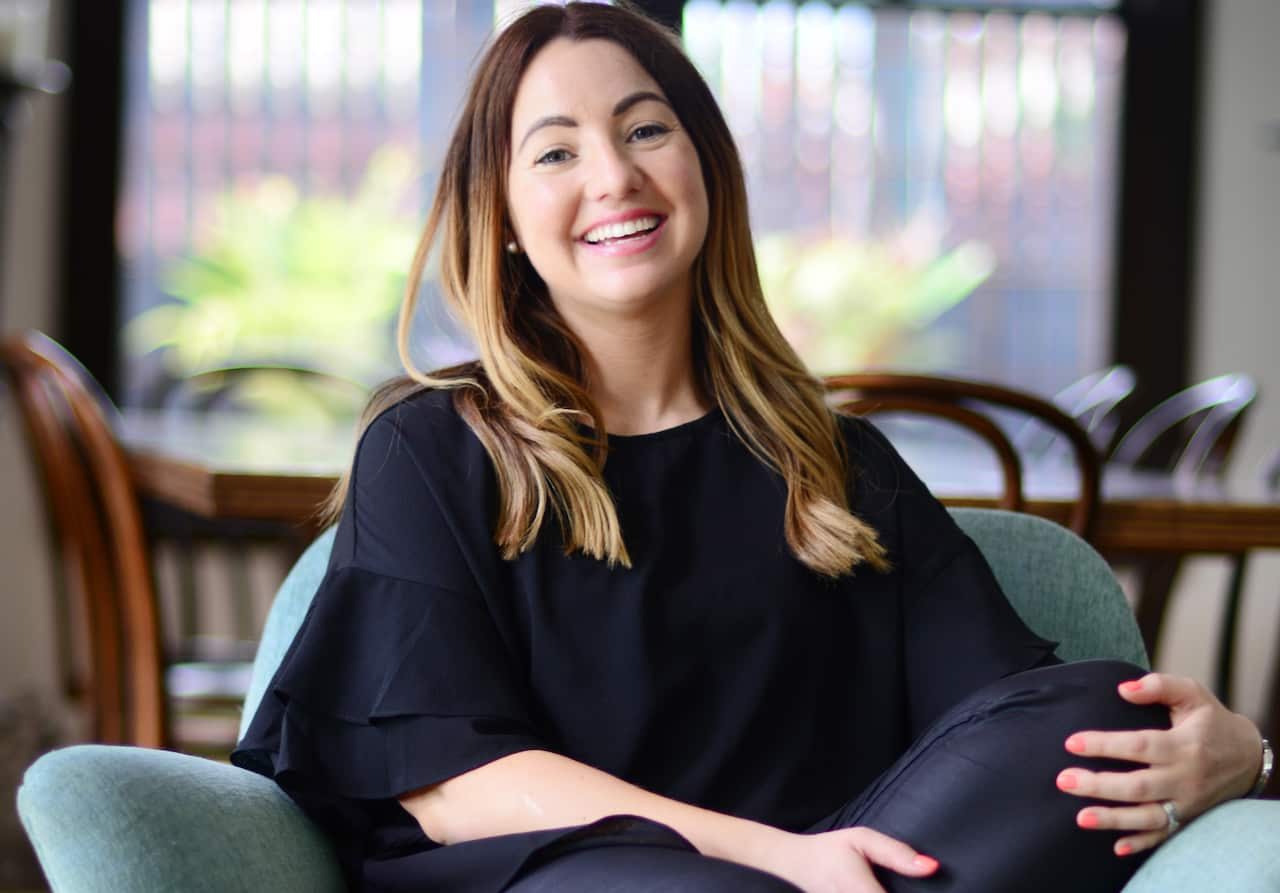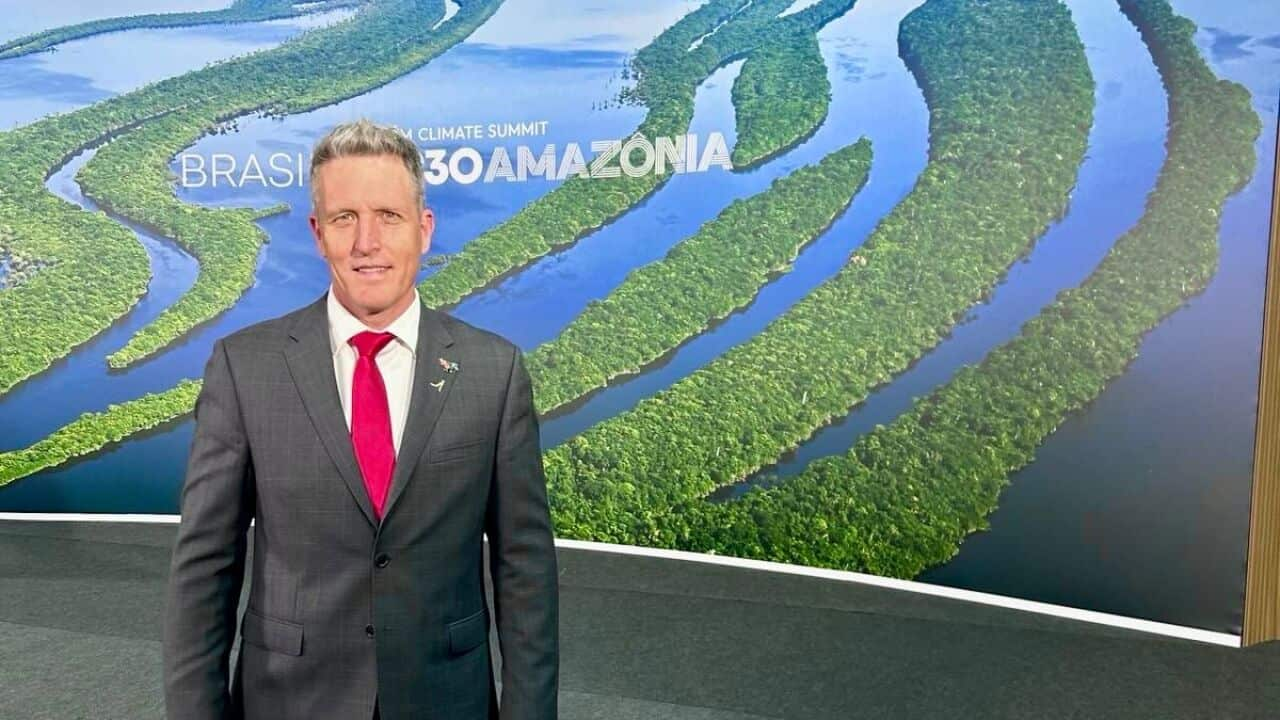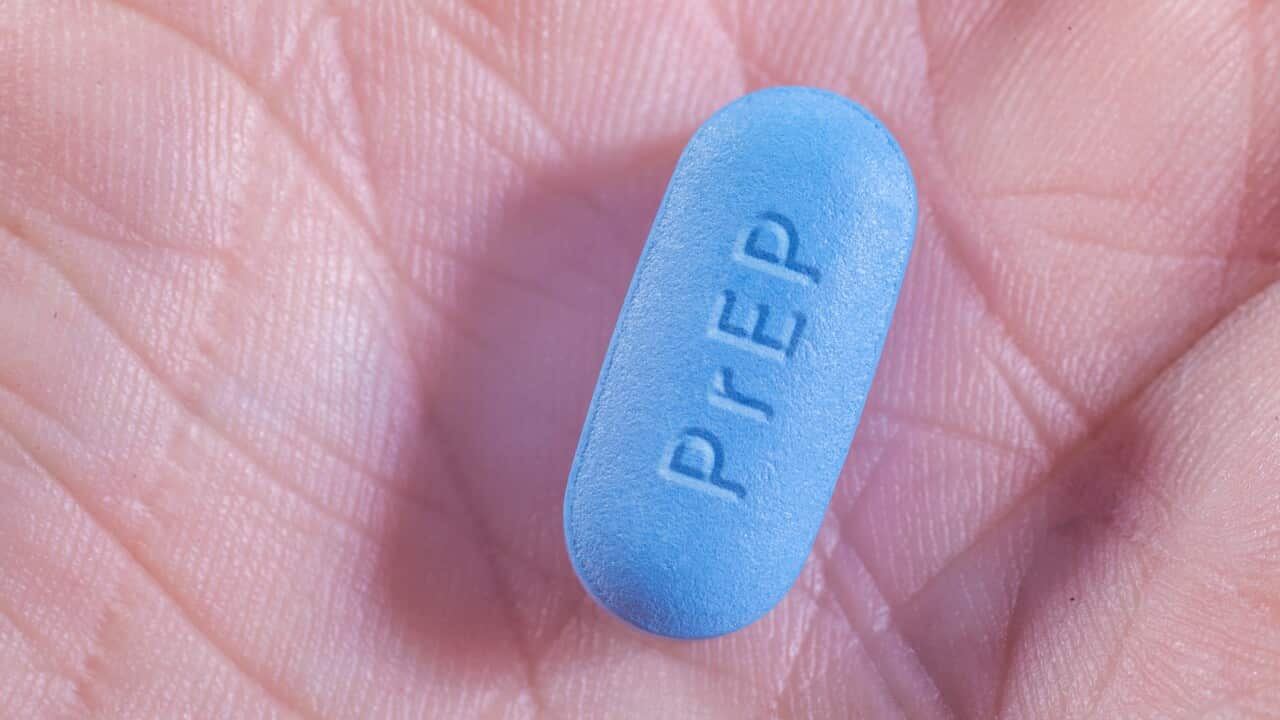While donating breast milk is relatively rare in Australia, it is a fairly common practice in Brazil, where a network of human milk banks works in much the same way as blood banks. They test, sort, store and distribute breast milk, mostly to feed premature infants in neo-natal units.
In Australia milk banks do exist, but are mainly connected to neonatal intensive care units in hospitals, for very sick or premature babies. It is also possible to source donor breast milk informally, through social media networks.
“I am in a culture where milk sharing is not common," says midwife and passionate advocate for improving breastfeeding in Australia Amberley Harris.
"I posted on Instagram asking women if they would consider milk sharing with their girlfriends and they were very divided. Some said ‘absolutely’ and others said ‘I am so disturbed by that idea’.“
In Brazil the availability of human milk banks is widespread and women can access it for free in one of the many banks spread across the country, a fact that Harris is inspired by.
“I want to visit the country’s extensive milk bank system network, learn how it works and duplicate Brazil's success in Australia.”
Harris is heading to Brazil to put together a documentary on the country's breastfeeding practice and milk bank networks.
“The reason for my trip to Brazil is the fact that 220 of the world’s 292 breast milk banks are in Brazil," Harris tells SBS Portuguese. "The country has also increased their breastfeeding rates from two per cent in 1986 to 39 per cent in 2006... Brazil is a standout country in the steps they have taken to boost breastfeeding rates and it is saving lives."
“Brazil can teach us,” she says.
The 36-year-old mother of two began her career as a midwife and has worked in many Melbourne-based public and private hospitals, and has launched a crowdfunding campaign to fund her upcoming documentary about Brazil's shared milk model.

Indeed, the Brazilian milk bank system was developed as a response to high rates of infant mortality in the country and followed a worldwide trend of reducing those rates with measures focused on breastfeeding.
In the late 1990s, the Brazilian human milk bank network won a World Health Organization good practices award. As a result, Brazil gained visibility in this area, and other governments began taking an interest in this model.
The country is commonly visited by doctors from around the world to learn how the country's extensive milk bank system works and duplicate Brazil's success.
“I want to hear from the Brazilian women why is it important to milk share and why is it important to receive milk," says Harris. "I want to improve breastfeeding statistics in Australia. It is so hard for women to breastfeed here, I want to turn this around for women who want to breastfeed. The formula industry continues to rise but not the breastfeeding rates among Australian women.”
Harris says that while many Australian women begin breastfeeding their babies soon after birth, that number does drop off relatively quickly.
“We have very good breastfeeding initiate rates," she says. "About 96 per cent of Australian mothers initiate breastfeeding, but after six weeks our statistics plummet. I think the answer lies with the women. It is very socially acceptable in Australia to turn to formula when you are struggling to breastfeed. We could solve all these problems if we turn to each other, if we support each other."







